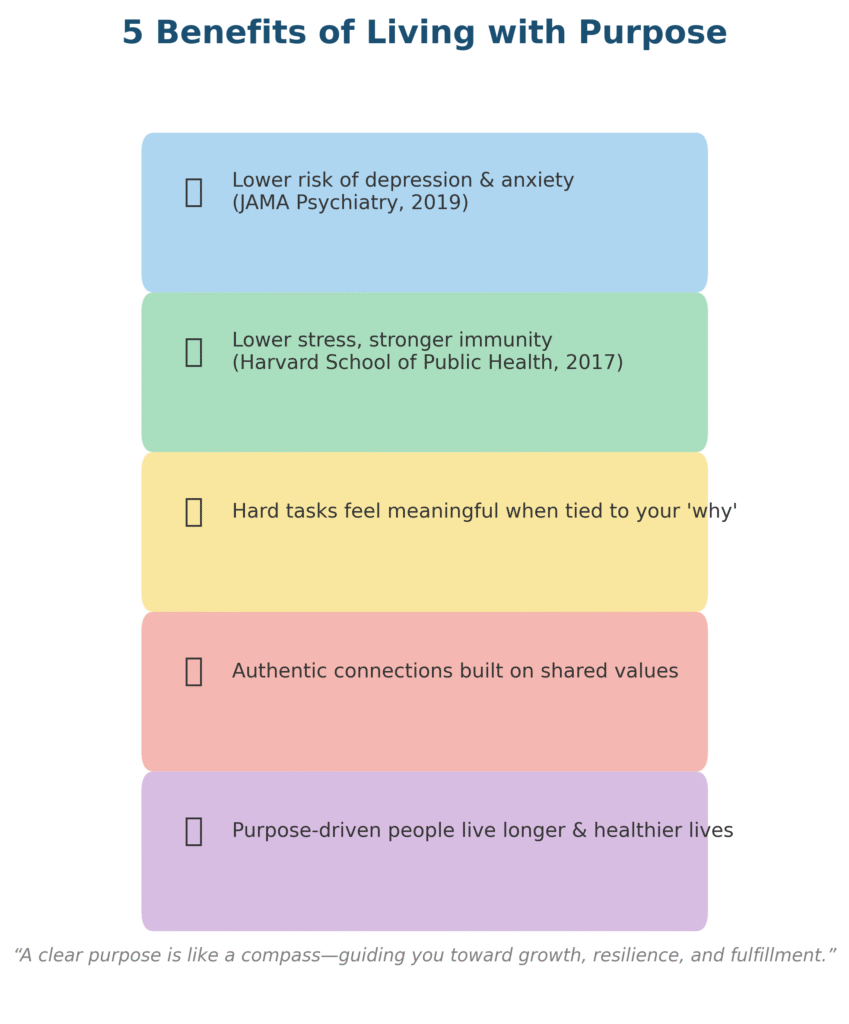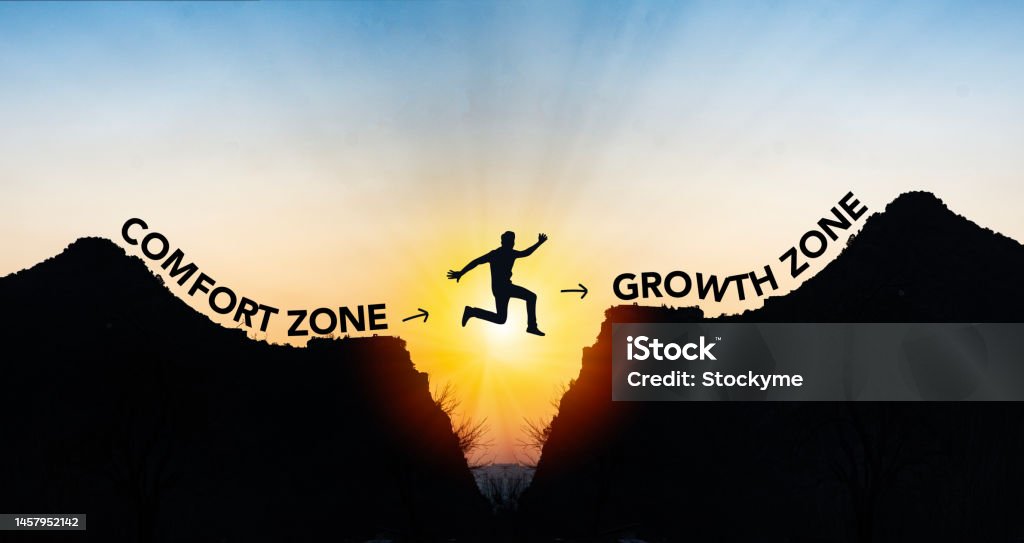Introduction
Have you ever noticed some barriers which prevent you from exploring your full potential? If not, then read this blog with full attention because it will provide you complete guidance about how to identify those barriers and solutions to break them. Because breaking these barriers will help you to reach your maximum limits. So, analysing these limitations and finding ways to break them is very important to ensure success in life. Research in psychology shows that feelings of fear, self-doubt, or negative self-talk are internal barriers which often hold people back more than external obstacles like toxic relationships or lack of opportunities (Bandura, 1997 – Self-Efficacy Theory).
For example, if you hesitate to apply for a scholarship by assuming that you aren’t good enough, even though your grades and achievements prove otherwise. This is a simple case of an internal barrier. On the other hand, if you face constant criticism from your boss which undermines your confidence and growth, that is an example of an external barrier.
So, the first step you need to take is to try to figure out what kind of barrier you are dealing with. Then take measures to break that barrier accordingly. Because overcoming these barriers empowers you to live with greater purpose and integrity. Studies show that people who actively face challenges are more likely to achieve higher levels of satisfaction and long-term success.
As told before, the purpose of this blog is to help you to identify, confront, and ultimately break through the barriers which hold you back so that you can explore your full potential.
There are no constraints on the human mind, no walls around the human spirit, no barriers to our progress except those we ourselves erect; Ronald Reagan
Practical Steps to Break Your Barriers
1. Unlock Self-Awareness
Self-awareness is a very important step in becoming your true self because it makes you aware of who you are. So, understanding self-awareness helps you to choose a profession by considering your passion. Let’s explain it with a simple example: if you feel that you are more passionate about creative writing but your family wants you to join the medical field. What should you do in that case? Definitely, you should pursue your passion. Self-awareness clarifies what really matters to you, rather than what society or family expects.
Being aware of your strength and weaknesses, you can perform well in any field. For example, if you recognize that you become nervous in public speaking then you should start working on communication instead of considering it your weakness. This is how self-awareness convert weakness into strength. In addition, understanding yourself and your emotions also builds deep connections with others. So, unlocking self-awareness allows you to truly see yourself and improve yourself. You will start living a life that is yours, not someone else’s.
2. Re-frame your thinking
By reframing your thinking, you not only change your thinking, but you actually learn how to shift your mindset from a flight to a fight mood. For example, if you get rejected in a job interview, then instead of saying, “I’m not good enough (victim mindset)”, you can reframe it as, “What can I do differently next time (proactive mindset)?”
Similarly, if you make a mistake during a presentation, rather than thinking, “Everyone must think I’m not confident or I’m not good enough,” you can re-frame it as, “This was a learning moment, and I’ll handle it better next time. This simple mind shift helps you to move forward and take failure as an opportunity. Research has found that re-framing negative thoughts significantly reduces anxiety and builds a resilient mindset. In addition, it replaces self-doubt with self-confidence that supports achieving desired goals.

3. Develop Tools for Transformation
First of all, let’s understand what is meant by the term “Develop Tools for Transformation”. Actually, it refers to intentionally building new skills and routines that help in unlocking full potential. For example, waking up 30 minutes earlier to exercise or reading a book before sleep is a simple but highly impactful routine that transforms your life from defeating to winning mode.
Research shows that even small, consistent habits result in significant long-term change. James Clear, in his bestselling book Atomic Habits (2018), emphasises that transformation is not about sudden breakthroughs but about making small improvements every day. Similarly, psychologists Lally et al. (2009, European Journal of Social Psychology) found that on average it takes about 66 days for a new behaviour to become a habit. So, transformation doesn’t happen overnight; it’s actually built through skills and discipline in life.
4. Strengthen Emotional and Mental Resilience
When you are emotionally intelligent and mentally resilient, then you have the ability to face challenges with patience and turn setbacks into stepping stones toward success. For example, if you failed an exam, instead of giving up, you should review your mistakes and reappear in the exam with better preparation. So, mental and emotional resilience enables you to manage fear and anxiety, which ultimately results in ensured success.
Resilience turns failure into lessons and helps you to recover faster from setbacks. Imagine if you lost a job unexpectedly: rather than letting it define your self-worth, you should take it as an opportunity to improve your skills and land a better role. By adopting this habit, you become less reactive to stress and criticism by staying focused on your goals. So, resilience doesn’t only help you to survive during hardships but also empowers you to become your best version to lead.
5 Live with Purpose and Intention
Life without purpose and intention is worthless. Purpose and intention help you align your energy and action with your goals. When you are guided by a clear purpose, difficult tasks don’t seem overwhelming. You are more likely to stay committed to your goals. On the other hand, living intentionally helps you act on purpose, so you make conscious choices rather than living a preordained life. Let’s take the example of a person who chooses to spend weekends learning a new skill instead of wasting time on social media. He is actually shaping his future with intention, not on fate.
Research shows that living with purpose not only increases motivation but also improves mental and physical well-being. A large-scale study published in JAMA Psychiatry (2019) found that people with a strong sense of purpose were less likely to experience depression and cognitive decline. Similarly, findings from the Harvard School of Public Health (2017) revealed that purposeful living is linked to lower stress levels, healthier lifestyle choices, and even longer life expectancy.

6. Create Sustainable Change
By creating a sustainable change, you’ll learn how to integrate your growth into your daily life. By this practice, change becomes your lifestyle instead of a temporary fix. Let’s explain it with a simple example: if you want to adopt a diet plan to improve your health, then Instead of going on a crash diet and giving up after two weeks, you might start by simply adding more fruits and vegetables to your meals every day.
These small, consistent steps are far more sustainable than extreme efforts. So, instead of burning calories with unsustainable efforts, you should build small but consistent habits that add up over time. Commit to walking for 20 minutes every morning rather than going for an intense workout which you can’t maintain. Sticking to this process will not make the process overwhelming; instead, you’ll stay kind to yourself through the ups and downs. So, sustainable change isn’t just about doing different things; it’s about becoming a different person, aligned with your true self.
Final Thought
Breaking barriers is not about chasing perfection; it’s about progress and moving forward with patience. From unlocking self-awareness to reframing your thoughts, from developing transformative tools to living with purpose, each step equips you with the clarity and courage to keep moving forward. These practices remind us that growth is not a one-time event but a lifelong process of learning.
Think of it this way: setbacks become lessons, daily choices become habits, and small habits eventually become the foundation of a transformed life. Research shows that people who live with self-awareness, purpose, and resilience not only achieve more but also live healthier, happier, and more fulfilling lives (JAMA Psychiatry, 2019; Harvard School of Public Health, 2017; Lally et al., 2009).
Your journey of transformation doesn’t require grand gestures; it requires consistency, courage, and a willingness to evolve step by step. You don’t need to wait for the “right moment” or external validation. The right moment is now, and the power lies within you.
So, break through the barriers of fear, doubt, and limitation. Choose to live intentionally, guided by your deepest values. Build habits that sustain you, cultivate resilience that strengthens you, and embrace a purpose that fulfils you. When you do, you don’t just survive life’s challenges; you thrive, creating a story of growth, courage, and authenticity that inspires both yourself and those around you.
References
https://renewedyou.usli.com/blog/posts/2025/january/breaking-through-personal-barriers
https://www.amazon.com/Break-Your-Barriers-Proven-Succeed/dp/B0DVPMCR4S
https://www.azquotes.com/quote/241216?ref=barriers
FAQs
Is breaking through a barrier easy?
Whatever the obstacle, it is never easy to break it. It takes God’s grace, personal determination, and a kind of holy dissatisfaction, meaning you just get sick and tired of being stuck. In fact, breaking through obstacles can be terrifying. Everything in you will scream to back down!
How can I overcome personal barriers?
To overcome personal obstacles, use tools like planners and apps to track your progress and keep yourself accountable. Overcoming these seven obstacles can pave the way for a more successful, fulfilling life. The journey is unique to each person, but the rewards of overcoming these obstacles are universal.



Your article helped me a lot, is there any more related content? Thanks!
go to my website “growwithhaseeb.com”. You can find all relevant stuff there.
Can you be more specific about the content of your article? After reading it, I still have some doubts. Hope you can help me.
Your point of view caught my eye and was very interesting. Thanks. I have a question for you. https://www.binance.com/register?ref=IHJUI7TF
Your point of view caught my eye and was very interesting. Thanks. I have a question for you.
Your article helped me a lot, is there any more related content? Thanks!
Thanks for sharing. I read many of your blog posts, cool, your blog is very good.
Thanks for sharing. I read many of your blog posts, cool, your blog is very good. https://www.binance.info/si-LK/register?ref=LBF8F65G
Thank you for your sharing. I am worried that I lack creative ideas. It is your article that makes me full of hope. Thank you. But, I have a question, can you help me?